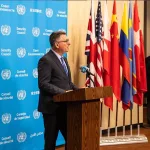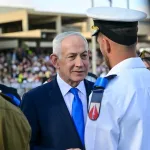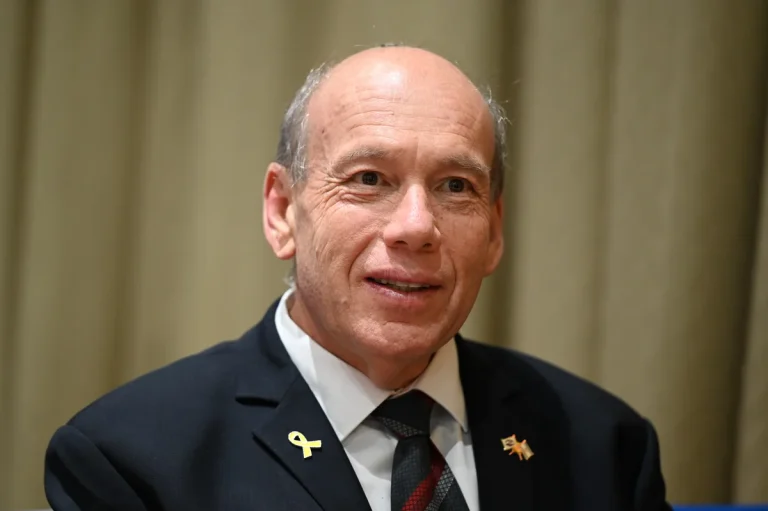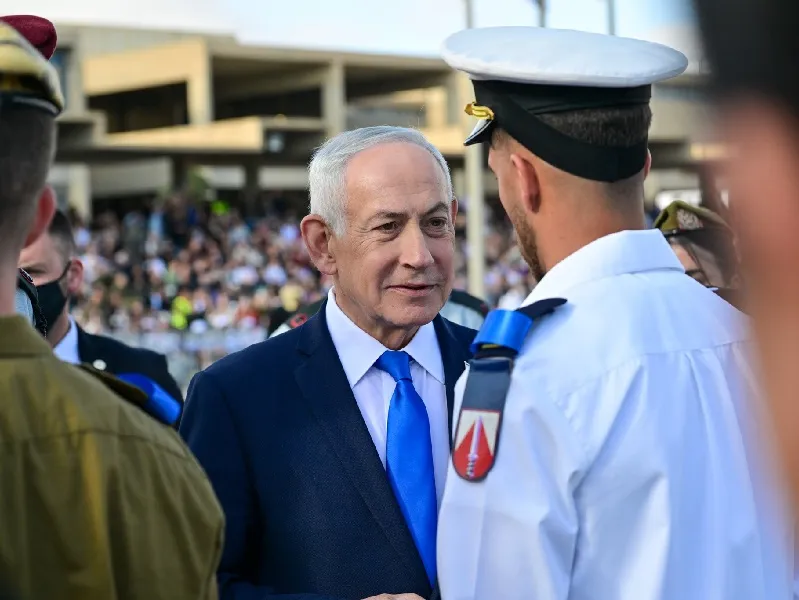Jerusalem, 18 August, 2025 (TPS-IL) — Israeli State Comptroller Matanyahu Englman and his team are expanding their probe into the failures surrounding Hamas’s October 7, 2023, attack, seeking meetings with Prime Minister Benjamin Netanyahu and former security and defense chiefs. The comptroller’s inquiry, which began in January 2024, now aims to examine political and security decision-making, including the conduct of the security cabinet, intelligence processes, and border defense in Gaza—an expansion from earlier investigations that avoided political leaders.
The State Comptroller, also known as the State Ombudsman, periodically releases reports auditing Israeli preparedness and the effectiveness of government policies.
Other officials Englman now seeks to talk to include former Defense Minister Yoav Gallant, former military chiefs of staff Herzi Halevi and Aviv Kohavi, and former Israel Security Agency (Shin Bet) director Ronen Bar.
“Everyone is obligated to cooperate with the probe. Attacks by parties seeking to evade scrutiny will not deter us from conducting the State Comptroller’s work in the most professional manner,” Englman said in a statement announcing his intent to interview Netanyahu and other senior officials. Detailed questions classified as “Top Secret” have been sent to officials, and meetings are being arranged to review findings and ensure accountability across government, military, and security services.
Englman’s investigation is currently the only state-sanctioned comprehensive probe into the October 7 attacks. Netanyahu has resisted calls for an inquiry, saying he opposes a “politically biased” probe. Critics accuse the Prime Minister of delaying the inquiry and trying to water down its mandate.
The comptroller’s probe faced a 15-month suspension within the Israel Defense Forces and Shin Bet due to ongoing hostilities and resistance from senior officials. With the appointment of IDF Chief of Staff Lt. Gen. Eyal Zamir in March 2025, a framework for the investigation was established and endorsed by the High Court in April, allowing Englman to proceed. Meetings with Zamir and other officials are designed to remove remaining barriers and ensure the military’s full cooperation.
While Englman’s inquiry lacks the full authority of a state commission, he insists that leaders must comply. “Full availability, submission of all relevant documents, and a professional engagement with the probe findings are required. Our sole obligation is to the citizens of Israel, who deserve answers on the core failure that led to the massacre,” he said.
According to a series of army probes — summaries of which have been released in recent months — some 5,000 terrorists from Hamas and Palestinian Islamic Jihad managed to attack numerous Israeli communities and overrun the army’s border positions. The army’s chain of command broke amid the chaos, and soldiers were outnumbered.
They also found that the army misunderstood Hamas’s intentions for years, and as October 7 approached, intelligence about the looming attack was misinterpreted. The military was also more focused on threats from Iran and its proxy, Hezbollah, in Lebanon.
The IDF probes only deal with issues of operations, intelligence, and command, not decisions made by the political echelon.
Englman criticized the army’s internal probes, telling Knesset lawmakers in March that the IDF’s findings “do not present the full picture.”
State commissions of inquiry have broader authority to summon witnesses and collect evidence and are headed by a senior Supreme Court justice. They may include personal recommendations about individuals under investigation, though the government is not bound to act on them. The last state commission of inquiry, which investigated Israel’s worst civilian disaster — a stampede that killed 45 people at a holy site on Mount Meron — held Netanyahu personally responsible for the tragedy in a report released in 2024.
Such commissions are traditionally established by the government. But the Knesset’s State Control Committee also has the authority to establish a full commission of inquiry after receiving a report by the State Comptroller.
Approximately 1,200 people were killed and 252 Israelis and foreigners were taken hostage in Hamas’s attacks on Israeli communities near the Gaza border on October 7. Of the 50 remaining hostages, around 30 are believed to be dead.































